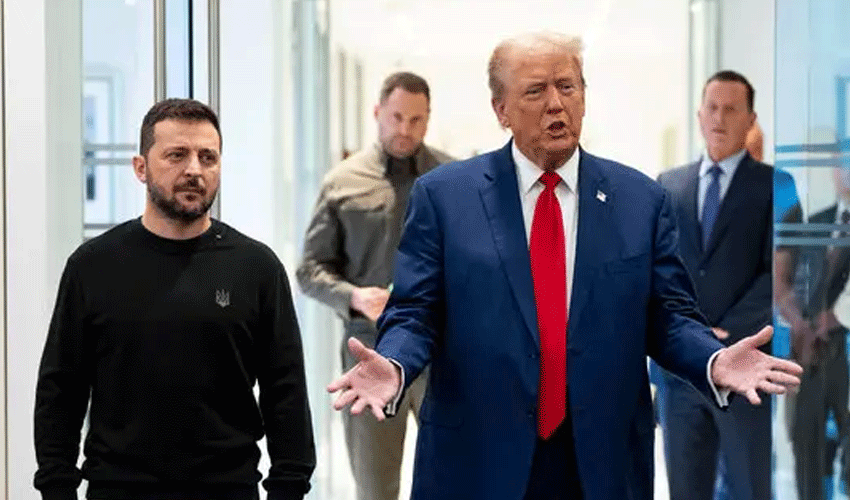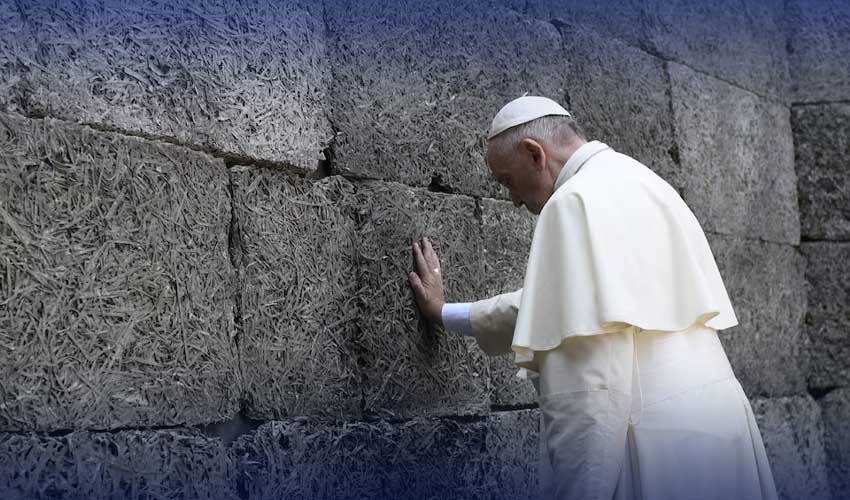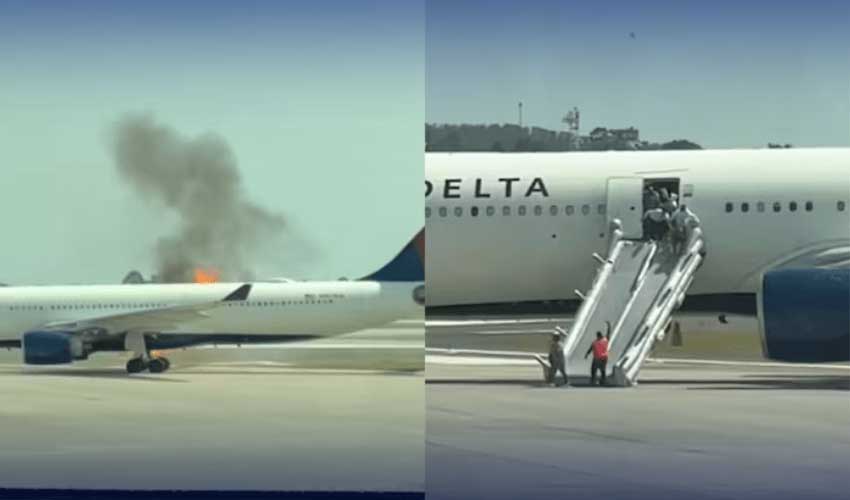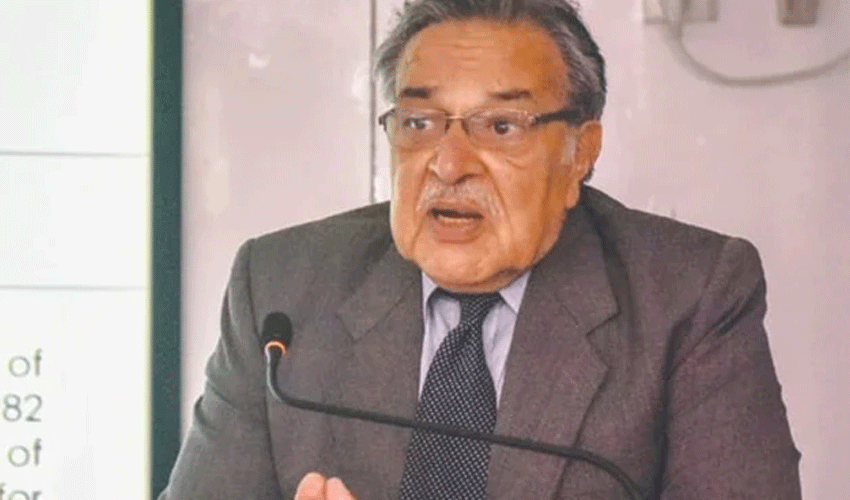United States President Donald Trump has suggested that Ukraine is to blame for Russia’s invasion, stating that Kyiv should have “never started it” and could have reached a deal to prevent the conflict.
Speaking at a news conference at his Mar-a-Lago estate in Florida on Tuesday, Trump indicated that he would “probably” meet Russian President Vladimir Putin later this month.
His remarks came after US and Russian officials concluded a round of talks in Saudi Arabia aimed at negotiating an end to the ongoing war.
“I think I have the power to end this war, and I think it’s going very well,” Trump told reporters. Referring to concerns that Ukraine was excluded from the discussions, he added: “I heard, ‘Oh, well, we weren’t invited.’ Well, you’ve been there for three years. You should have ended it… You should have never started it. You could have made a deal. I could have made a deal for Ukraine.”
The meeting in Riyadh, led by US Secretary of State Marco Rubio and Russian Foreign Minister Sergey Lavrov, resulted in an agreement to establish high-level teams to explore a roadmap for ending the conflict.
‘Much more confident’ of deal
Trump expressed optimism about the discussions, stating that Moscow had shown willingness to engage. “They were very good. Russia wants to do something, they want to stop the savage barbarism,” he claimed.
When asked whether his administration would support Russia’s proposal for elections in Ukraine as part of a peace deal, Trump alleged—without evidence—that Ukrainian President Volodymyr Zelenskyy’s approval rating stood at just four percent.
“Yeah, I would say that, you know, when you want a seat at the table… Wouldn’t the people of Ukraine have to say like, ‘It’s been a long time since we’ve had an election?’” Trump remarked.
Zelenskyy, speaking earlier in Turkiye after meeting Turkish President Recep Tayyip Erdogan, dismissed the notion of negotiations taking place without Ukraine’s involvement. “No decision can be made without Ukraine on how to end the war in Ukraine,” he said.
A poll conducted by the Kyiv International Institute of Sociology in December found that 52 percent of Ukrainians still trusted Zelenskyy, though this was down 12 percentage points from February.
European divisions over peace talks
Trump’s remarks have added to growing unease in Europe over the direction of peace talks. Concerns have mounted that the US president may seek to make sweeping concessions to Moscow to secure a deal.
United Kingdom Prime Minister Keir Starmer recently stated that he would be willing to send peacekeeping troops to Ukraine, while French President Emmanuel Macron said he would consider deploying a limited number of troops in non-combat zones.
However, German Chancellor Olaf Scholz dismissed any discussion of post-war security forces as “highly inappropriate,” while Polish Prime Minister Donald Tusk ruled out sending Polish troops to Ukraine.
France is expected to host a second round of talks on Wednesday after a previous European summit failed to produce a unified response.



























